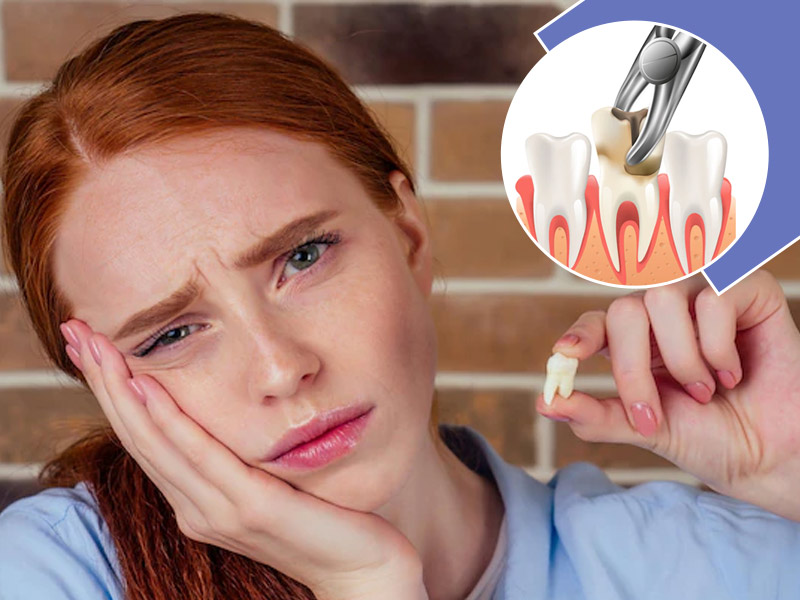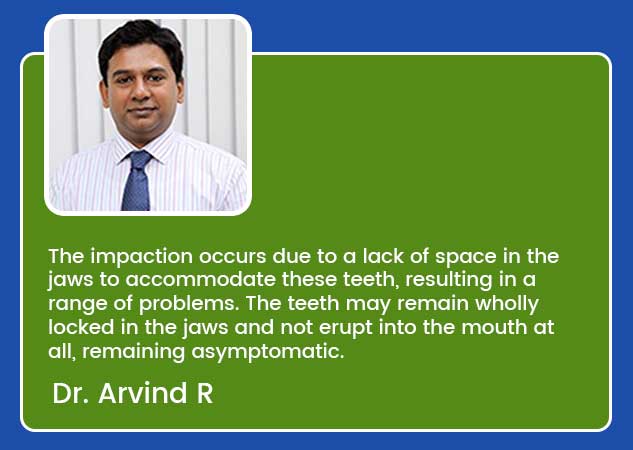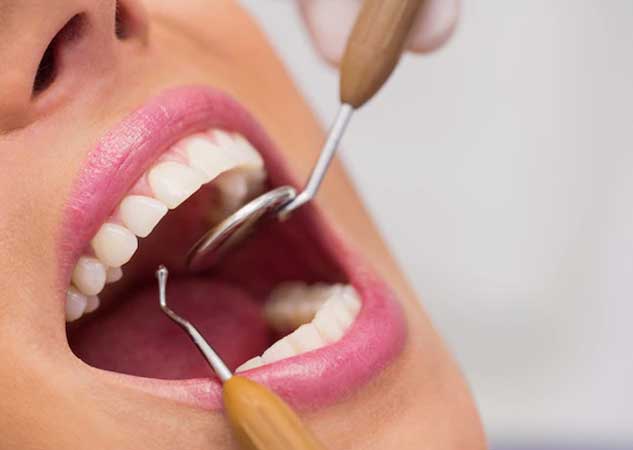
The human dentition (arrangement of teeth) consists of a set of 32 teeth. The last set of teeth to erupt into the mouth are commonly referred to as ‘Wisdom teeth’ or third molars, situated at each corner of the dentition. The age range by which they appear in the mouth is considered to be between 18 – 21 years. Sometimes they can erupt earlier or later than this age range, but generally, if they remain locked inside the jaws and don’t erupt by 25 years, they are called “Impacted teeth.” After this stage, they are not likely to emerge upright into the mouth. In this article, Dr. Arvind R, Associate Professor & Incharge Head, Oral & Maxillofacial Surgery, Manipal College of Dental Sciences, Mangalore, Manipal Academy of Higher Education explains how impacted wisdom tooth can be removed.
Table of Content:-
What causes impacted wisdom tooth?
- The impaction of wisdom tooth occurs due to a lack of space in the jaws to accommodate these teeth, resulting in a range of problems. The teeth may remain wholly locked in the jaws and not erupt into the mouth at all, remaining asymptomatic.
- But more commonly, these teeth partially erupt in the mouth so that only a portion of the tooth is visible, rotated in different directions, without the normal upright positioning as seen with other teeth.
- Due to the malposition, the area is not easily cleaned, even with a toothbrush. It accumulates plaque and food debris, and the surrounding gums can become painful and swollen.
- Moreover, the adjacent healthy second molar can develop cavities.
- Sometimes, the area becomes very painful with reduced mouth opening to the extent that the person has to seek emergency care from an Oral Surgeon.
Also Read: Debunked! Myths About Wisdom Teeth That You Might Be Believing

Can stress cause wisdom tooth pain?
Another point to keep in mind and also a frequent query from students is, “Why is it that mild pain present around my third molar flares up right before some important examinations or other important events?”
The answer is that there is a mild inflammation level around these teeth that are prevented from flaring up by our natural immune defences. But in times of stress, such as examinations, important events, other illnesses, our immunity may come down, and there is increased pain and infection around the third molar. Hence, the timing of an episode of severe pain around impacted third molars can be most inconvenient.
For older people who have impacted teeth completely locked in bone and have never experienced pain symptoms or swelling, there is a possibility of cysts(redundant growths that are not cancerous but can cause absorption of surrounding jawbones, thereby weakening the jaws). These cysts may be completely asymptomatic and grow to large sizes before they are detected and treated.
Also Read: Know 5 Most Common Dental Issues & How To Tackle Them From Expert

How to get wisdom tooth or third molar removed?
What is the right time to seek professional help and whether it is necessary to extract all third molars at an early age (18-21 years)? The consensus among practitioners is that having two episodes of pain around impacted third molars means that they have to be removed.
- Other reasons for removal include decay or damage to neighbouring, otherwise healthy, second molars, cheek biting, and ulceration if any growth is detected around the tooth.
- Often, in adolescents undergoing orthodontic treatment (braces) to align their teeth, impacted teeth are seen, and they receive advice on further management.
- Professional help from a Dentist and Oral Surgeon should be sought in case of any discomfort around third molars or even as a consultation to prevent future problems.
- They formulate a treatment plan for the patient depending on the type of impaction and its effects on surrounding structures, chances of infection, and other patient-related factors.
- The dentist also provides advice on whether the tooth is best removed, timing and duration of surgery, and patient-specific risk factors, if any, that can influence the outcome of surgery.

Is removal of the third molar a complex surgery?
Removal of the third molar is a short surgical procedure usually performed under local anaesthesia in the dental clinic. Since impacted third molars are locked in the bone, the process involves bone removal, splitting the tooth, and finally extraction. Sutures could be placed at the end of this procedure. The process takes slightly longer to complete than fully erupted teeth (called simple extractions), but it is mostly conducted in about 45 minutes. Sometimes if the tooth is abnormally positioned or deep, it may require more time to extract. Patients can expect pain, swelling, and some difficulty opening the mouth as a sequelae of surgery, and these are effectively managed with medications. Most patients are comfortable reporting back to work or school the next day, and some patients prefer a day’s rest.
Conclusion
To conclude, regular dental checkups can facilitate the early detection and management of Impacted third molars and prevent painful symptoms. Removal of the tooth effectively manages associated problems and is routinely offered as a safe treatment option.
Image credits- freepik
Also watch this video
How we keep this article up to date:
We work with experts and keep a close eye on the latest in health and wellness. Whenever there is a new research or helpful information, we update our articles with accurate and useful advice.
Current Version